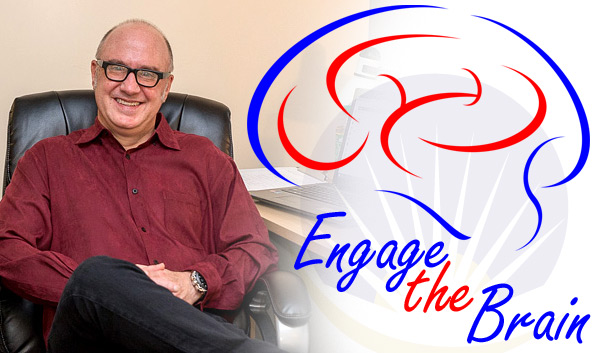Learn more about making progress in therapy from an expert in personality traits
by George Bagovich, LCSW
 First Let’s Review Blog 1 . . . (if you haven’t read it yet, click here)
First Let’s Review Blog 1 . . . (if you haven’t read it yet, click here)
Research suggests that the majority of clients who fail to respond to medication or therapy may suffer from underlying personality disorders. Unfortunately, these factors go largely under-reported or unrecognized. It’s hard to make progress in therapy if the correct disorder is not being treated. The way we think about ourselves, others and the future is strongly influenced by attachments with others in childhood. A secure, supportive relationship with a primary caregiver (parental figure) fosters a healthy attachment. A healthy attachment leads to the belief “I’m OK and others can be trusted”. Conversely, a disrupted, conditional or abusive relationship with a primary caregiver often results in distrust of self and others. Lessons that are learned in childhood have a direct impact on the way we perceive our self and others. It also affects feelings, behavior and interpersonal relationships in the present.
What is a Personality Disorder?
The majority of patients that seek treatment from a mental health provider for a personality disorder fall into the cluster B and C categories, so we’ll spend the most time talking about these diagnoses.
What are Cluster B Personality Disorders?
In short, they are evidenced by dramatic, erratic behaviors and tumultuous relationships. They include Histrionic, Narcissistic, Antisocial and Borderline Personality Disorders.
Can I make progress in therapy for Cluster B?
The way we think determines how we feel and behave. Subsequently, our sense of self has a profound impact on how we think and act. Questions of self make it easy to interpret words and behavior of others as a personal attack. When events are taken “personally”, we are more likely to have an extreme response that is not merited by the situation. A good tip from David Burns “Feeling Good Handbook” suggests asking yourself, “Do I know this to be absolutely true?” or “Is this really personal?”
Engaging Your Brain within the Personality Disorder
We often go on “auto pilot” when interacting with others and ourselves. Typically, people with traits of a personality disorder, develop defense mechanisms that don’t benefit them in the long run. It almost becomes routine to avoid trusting relationships, sabotage new interactions or take a rigid stance on issues when it is not necessary to do so. Being purposeful, or engaging your brain’s thoughts, feelings, and moment-to-moment awareness draws us away from “auto pilot” and into awareness. This is when change is possible.
One example of a common pitfall of someone with a personality disorder, is displaying an over-inflated ego as an over compensation for insecurity. This type of person can never admit fault and tends to blame others when their short comings become evident. This type of interaction can lead to disrupted personal relationships and interfere with career and other obligations. But “engaging your brain” can help regulate emotions and improve interpersonal functioning.
What are Cluster C Personality Disorders?
In short, they are distinguished by the anxious, fearful behavior commonly seen in Obsessive-Compulsive, Avoidant and Dependent Personality Disorders.
Can I make progress in therapy for Cluster C?
The sense of self is a central player in what is commonly known as the “Anxious Cluster”. People with self-confidence see a potential challenge or threat and respond by thinking “I have the ability to do this and things will work out fine”, and they react accordingly. On the other side, people with questions of self interpret challenges as a threat of potential catastrophe! They are likely to think “I’m incapable of handling this and I’m sunk.” Remember learning to be mindful and “engaging your brain” helps reduce anxiety, improve response to challenges, and increase self-confidence when you effectively manage difficult situations.
If you or someone you know might be struggling with a personality disorder, contact New Directions Counseling Services. We have experts, like George, whom can help you make progress in therapy. Contact us at 724-934-3905.
